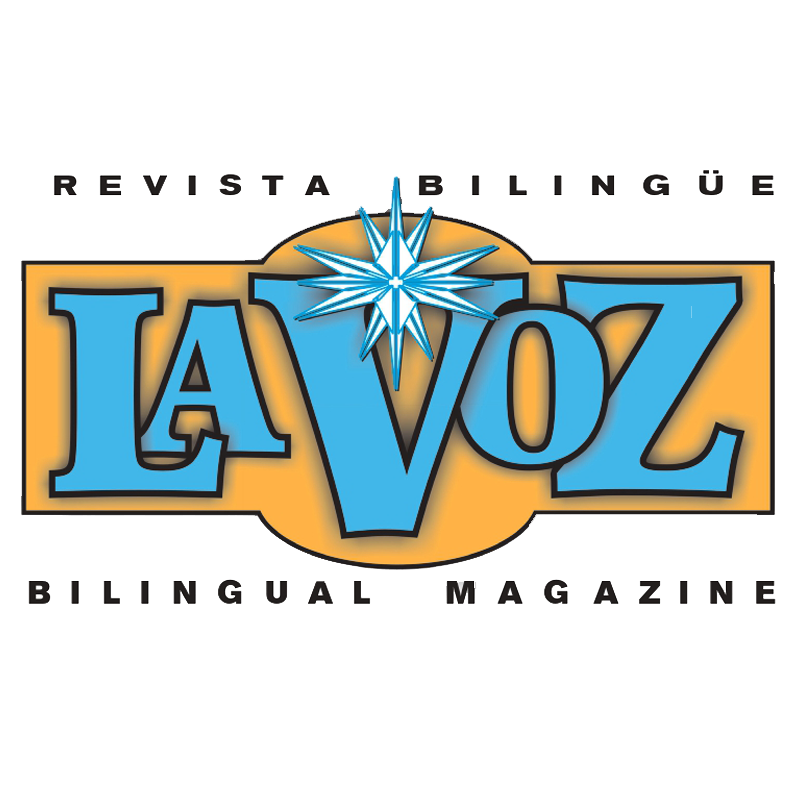As the central date of Pride Month approaches, it’s important to review the achievements the LGBTQ+ community has made over the years, which are now more threatened than ever under President Donald Trump’s administration.
American Community Media organized an event titled “Personal Perspective on PRIDE,” where community members and allies from various ethnic backgrounds shared their personal experiences throughout the years: from being considered a “white disease” to the rights they now feel are in greater jeopardy than ever.
Homosexuality as a “White Disease”
“It is not possible to remove our identities” is a conclusion reached by Helen Zia, activist and founder of the Vincent Chin Institute. She recalls her time as a young adult who had not yet discovered her homosexuality. It was during one of her many activities as an activist that she discovered that for her peers, being queer was a “sign of petty bourgeois,” and they conditioned her participation in both the African American and Asian American communities based on her sexuality. “You would basically be excommunicated,” she said.
“So I’m telling this story just to say that there was a time not long ago, even within our activist communities of color where many people believed it’s a white thing,” Zia recounts, a very similar thought that Aruna Rao shares: “I felt somewhat unsafe in those settings, because I felt like people didn’t really see all of me.” She felt this the first time she participated in a meeting of an organization dedicated to protecting LGBTIQ+ rights, after her child came out as trans to her. “I found myself the only brownface,” she recalls.
Rao is now the founder of Desi Rainbow Parents & Allies, an organization that seeks to provide “resources for the South Asian community, particularly parents and families of LGBTQ children who need education, support, to be led through that fear and bias that they first experience when their child comes out.”
However, it is not always possible to reconcile families with the idea that their children are queer: “Not all families will support their kids, regardless of how much education they receive. And so our goal is to create a community that affirms, celebrates,” states Rao.
Even so, there are testimonies like those of Richard Gonzales, an acclaimed writer. “Homosexuality was my freedom. It took me away from the house. It gave me books. It taught me to imagine myself,” he affirms despite admitting that he never “thought to celebrate my homosexuality. I’ve never been to a gay pride parade.” Even so, his sexual orientation allowed him to be “more than Mexican-American from a working-class family.” He points out that despite not actively participating in these events, homosexuality “gave me the world.”
Progress at Risk under the Trump Administration
“I don’t hear a lot of activists saying that ‘homosexuality is a white disease,’ but there are still plenty of people who think that by not allowing queer people they create a barrier, and then there won’t be any gay or lesbian, including people in power in our own country,” warns Zia. The activist expresses her concern about high-ranking officials who think that homosexuality is something that “needs to be converted.”
Helen Zia explains her fear that civil marriage for same-sex couples could be reversed, a justified fear considering that the Supreme Court issued a decision in the case U.S. v. Skrmetti that prohibits gender-affirming care for minors, “which essentially provides a child the ability to live the way that they need to for their mental health and for their physical health,” explains Aruna Rao.
Furthermore, Rao highlights that through a series of executive orders, the Trump administration has denied the existence of trans people, erasing their identity and affecting everyday things like getting a passport that shows who they really are. “We are living at a time of great danger for the trans community,” she affirms.
But the threats of regression do not only come from the actions of the Federal Government. “What I see now is that in the media (queer people) are usually used as comic figures,” criticizes Gonzales, referring to the fact that while the presence of queer people has grown, they are not always represented in all their dimensions, even leading to cases where they hide their sexuality. “There are still no gay football players. You come out gay after a football career, but you cannot come out as gay while you are a member of a professional football team. We’re much less advanced than we think we are,” he notes.
In addition, he emphasizes that this area is not exclusive to the media, but is also present in literature and various forms of art: “From Michelangelo to Andy Warhol, so many great artists have lived within this silence.”
He stresses that this is not a problem of the past, but continues to occur today, even in his own writings. “The article will appear in a magazine somewhere, and make no reference to my homosexuality. It is as though I cannot be the author of that book, and also gay. They just can’t reconcile them,” he questions.
